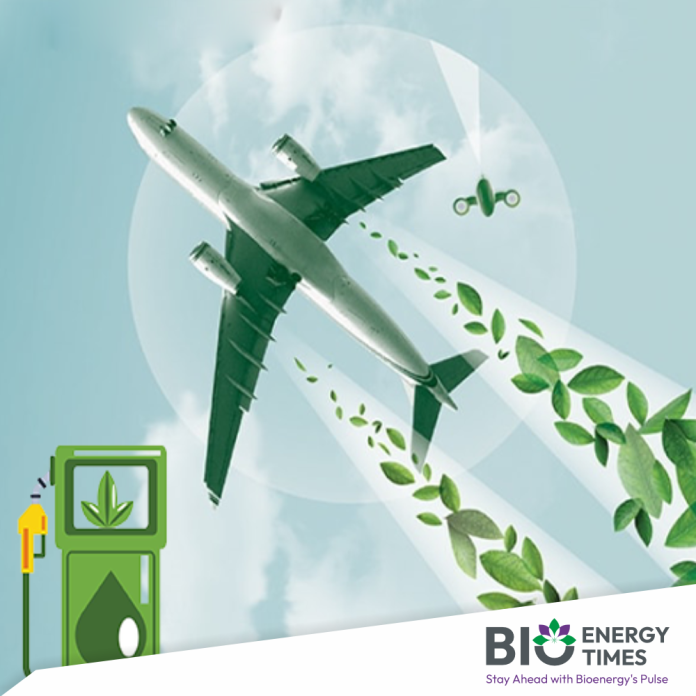Financial support in the form of capital grants and loan guarantees could help reduce the upfront costs of building facilities for sustainable aviation fuel (SAF) production in India, according to a recent study. The country also has significant volumes of feedstocks suitable for producing SAF, reports The Economic Times.
The study was prepared under the ICAO ACT-SAF Assistance Project, which focuses on capacity building for sustainable aviation fuels under the Carbon Offsetting and Reduction Scheme for International Aviation (CORSIA). ICAO ACT-SAF refers to the International Civil Aviation Organization’s Assistance, Capacity-building, and Training for SAF.
At a conservative estimate, India could produce more than 14 million tonnes of SAF annually from feedstocks such as sugarcane bagasse, rice straw, and municipal solid waste. At the higher end, production could exceed 33 million tonnes per year.
“The low-end estimate of SAF production is enough to supply up to 70 percent SAF blends into all jet fuel used in India, with additional volumes available for export,” the study said. It added that India’s geographic location positions it well for exporting SAF to Southeast Asia and Europe.
The study highlighted that alcohol-to-jet (AtJ) technology offers the largest opportunity for SAF production in India and that SAF will play a key role in decarbonising the country’s growing civil aviation sector.
However, the report noted that the lack of supportive policies in India makes investment in SAF facilities uneconomical. Providing financial assistance through grants and loan guarantees could lower the initial cost of first-of-a-kind facilities and create a more favourable investment environment.
“A combination of policies targeting different challenges in the SAF supply chain can help spread the higher cost of SAF blending and use,” the study said. Long-term mandates, firm offtake agreements, and a stable policy framework are essential to de-risk investment and encourage SAF consumption.
The report also recommended the creation of a SAF Council to develop a long-term vision and strategy for SAF, and to integrate SAF within existing biofuels policies to reduce competition and support India’s climate goals. The study noted that mandates alone are not enough and that incentives are equally important, aligning with the International Air Transport Association’s (IATA) view on SAF promotion.














